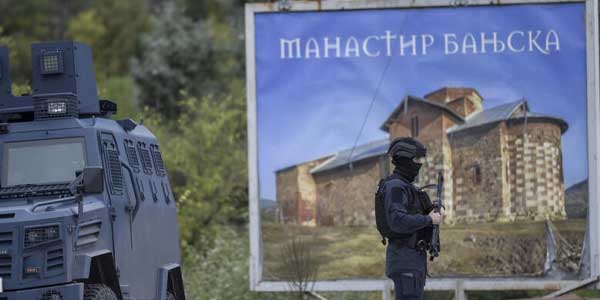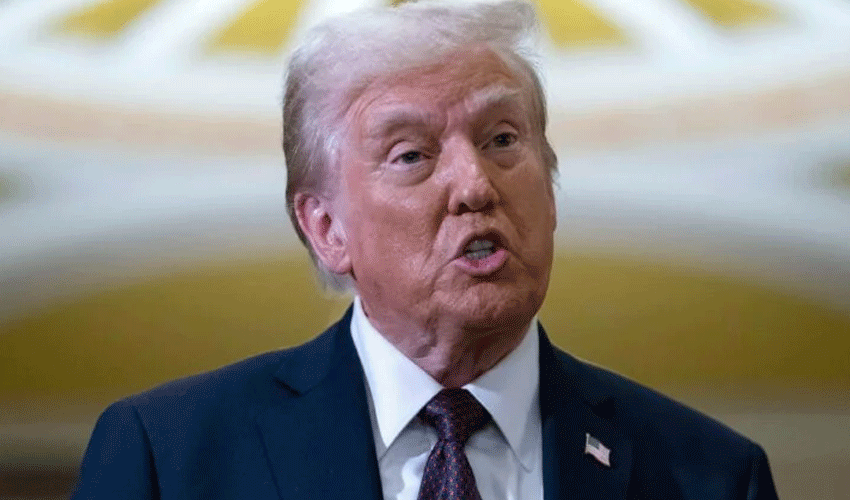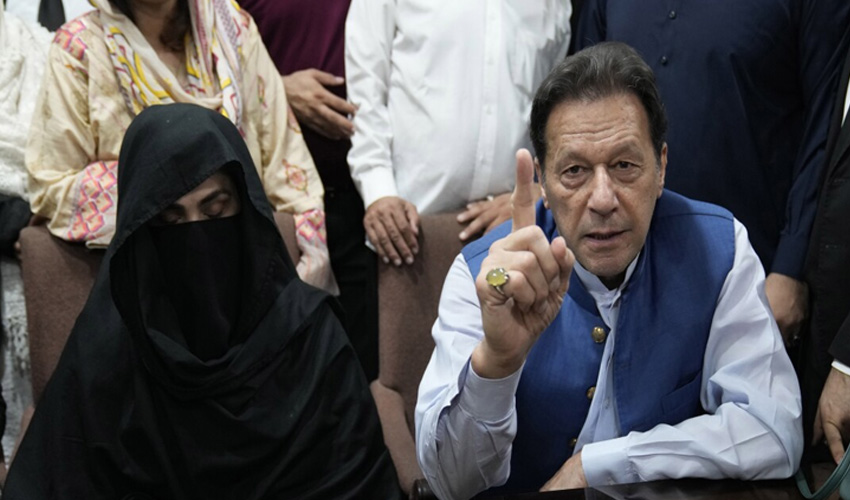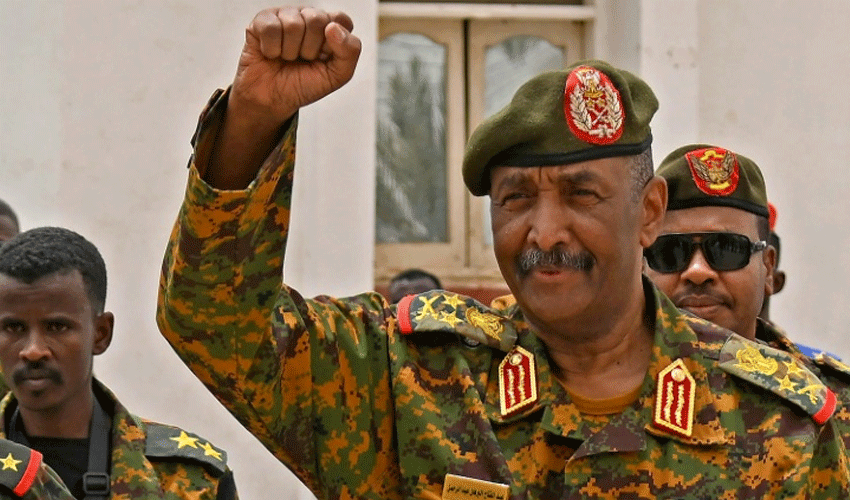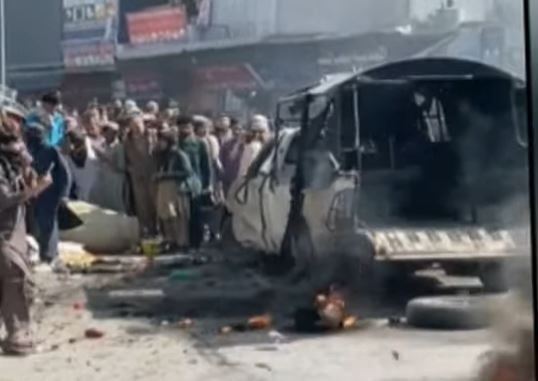A tragic clash between authorities and armed individuals near Kosovo's Serbian border has left the nation in mourning, raising numerous unanswered questions and prompting a large-scale police operation.
The fatal ambush and subsequent firefight, which resulted in the death of a police officer, represent one of the most serious escalations in Kosovo in recent years. This incident comes after months of mounting tensions and stalled negotiations between the Pristina government and Serbia.
Prime Minister Albin Kurti has confirmed that an ongoing police operation is underway at the site of the ambush, which remains cordoned off. Investigators are diligently sifting through evidence following a late-night gun battle that finally brought an end to the standoff.
"Many things will be resolved during the investigations," Prime Minister Kurti assured Manuel Sarrazin, the German envoy for the Western Balkans, during their meeting on Monday.
The chaotic confrontation began when a police patrol was ambushed near the village of Banjska early on Sunday, resulting in the death of a Kosovo law enforcement officer and the injury of another.
The assailants sought refuge in a nearby monastery, where they barricaded themselves and engaged in a lengthy firefight with Kosovo police. At least three assailants were shot dead during the melee.
Kosovo's Interior Minister, Xhelal Svecla, revealed that authorities have recovered "an exceptionally large number of heavy weapons, anti-infantry weapons, explosives, uniforms, logistics, food reserves, and equipment for barricades." Svecla added, "We can easily say that the equipment was destined for several hundred other assailants."
As the standoff came to an end, Kosovo police sealed the two major border crossings between Serbia and Kosovo, a move that remains in effect. However, numerous questions remain unanswered, even hours after the conclusion of the standoff, with only a handful of alleged suspects arrested by Kosovo authorities during the clearance operation.
When asked if any assailants managed to escape from the Banjska monastery, Interior Minister Svecla stated that an "operation" was still ongoing but provided no further details.
In the aftermath of the incident, Serbian newspapers offered a mix of bravado, conspiracy theories, and hesitancy. Many quoted Serbian President Aleksandar Vucic's statement, in which he denied involvement in the clashes and shifted blame for the incident onto the government in Pristina.
This violent incident occurred just over a week after negotiations between the leaders of Serbia and Kosovo aimed at improving relations failed to yield a breakthrough during EU-mediated talks in Brussels.
Tensions in the restive northern region had been simmering for months, sparked by the Pristina government's decision in May to install ethnic Albanian mayors in four Serb-majority municipalities. This move led to some of the worst unrest in the north in years, including demonstrations and the arrest of three Kosovar police officers by Serbia, as well as a riot by Serb protesters that left more than 30 NATO peacekeepers injured.
Kosovo, predominantly populated by ethnic Albanians, still has ethnic Serb majorities in several municipalities near the border with Serbia.





